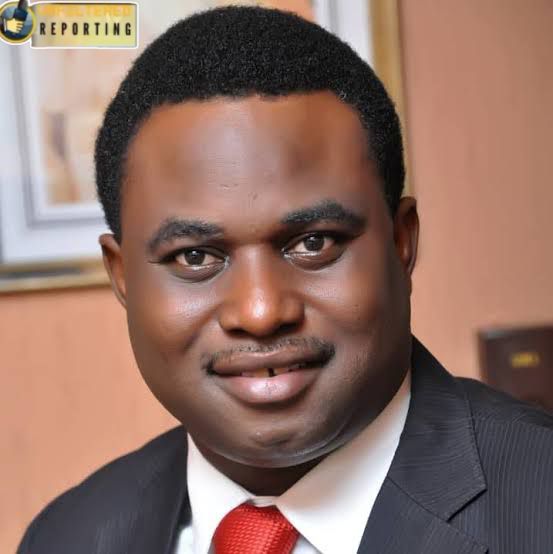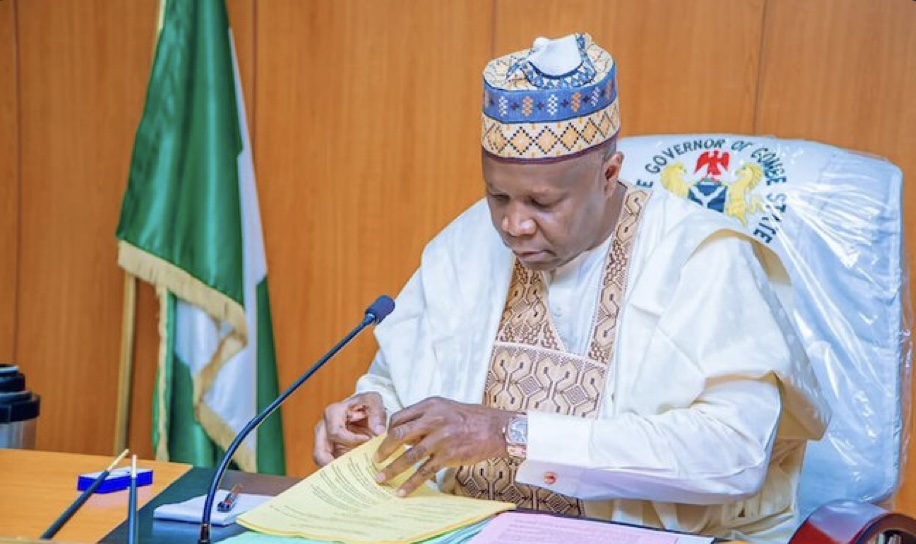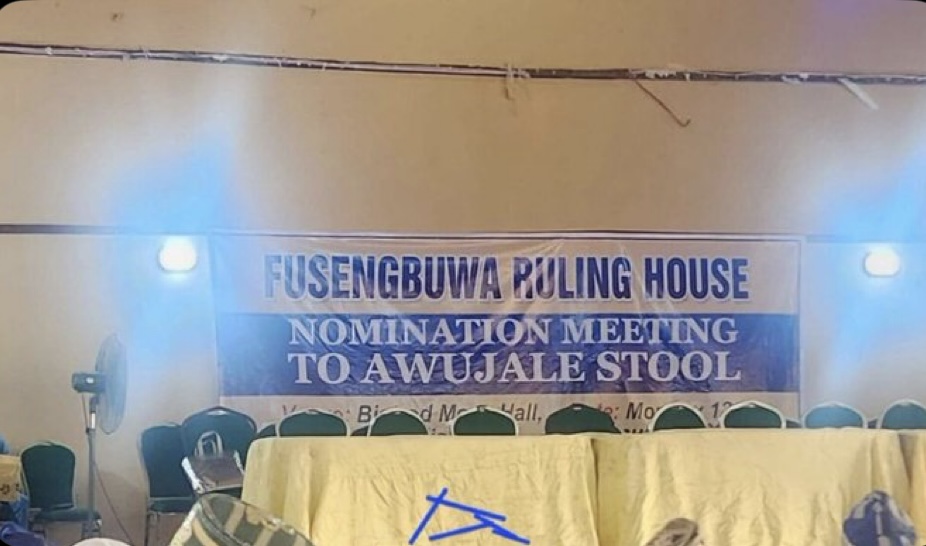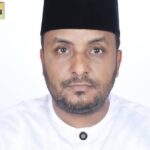Conducting WASSCE at Night Can’t Yeilds Good Results, NAPPS President Insists, Laments Neglect of Teachers

The President of the National Association of Proprietors of Private Schools (NAPPS), Dr. Yomi Otubela, has raised serious concerns over the conduct of the West African Senior School Certificate Examination (WASSCE) during night hours in parts of the country, warning that such arrangements are harmful to students and incapable of producing quality results.
Speaking during an interview on Sunrise Daily, a programme aired on Channels Television, Otubela described the trend as a worrying symptom of Nigeria’s broader educational challenges. He emphasized that conducting critical national examinations like WASSCE late at night due to insecurity, power issues, or infrastructural shortcomings not only strains the physical and mental well-being of students but also sets them up for failure. “Conducting WASSCE at night cannot produce good results. Students are expected to deliver peak performance under very poor conditions, and that is not realistic,” he said. Otubela stated that the academic outcomes of students are directly linked to the quality of their learning environment and the level of preparedness they receive. According to him, many students in Nigeria are being pushed through a system that does not adequately support their success — especially when learning takes place in overcrowded, under-resourced, and often unsafe environments. Beyond the challenges of examination timing and infrastructure, the NAPPS President pointed to a deeper, systemic issue: the neglect of teacher development and professional training. He stated that the Nigerian government has failed to prioritize the continuous capacity-building of teachers, which he described as the foundation of a strong and effective education system. “We cannot expect improved student performance without investing in the professional growth of our teachers. Unfortunately, teacher training has been largely overlooked in policy implementation and budget allocation,” Otubela said. He urged the government at all levels to take urgent steps to revamp the education sector, starting with the training and retraining of teachers, improved working conditions, and the creation of safe and conducive learning environments for students. According to him, long-term reform must focus on improving both human capital and infrastructure if Nigeria hopes to raise its academic standards and produce globally competitive graduates. Otubela’s comments come amid growing concerns over the declining performance of Nigerian students in external examinations, and increasing reports of logistical and security challenges affecting the administration of national exams, particularly in remote and conflict-prone areas. He concluded by calling for a holistic approach to education reform, urging policymakers, stakeholders, and communities to work together to create a system that not only facilitates learning but also protects and empowers both students and teachers.









